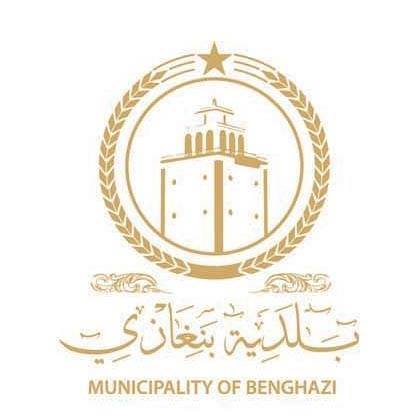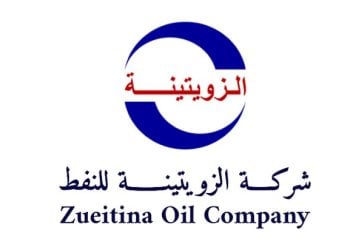By Michel Cousins.
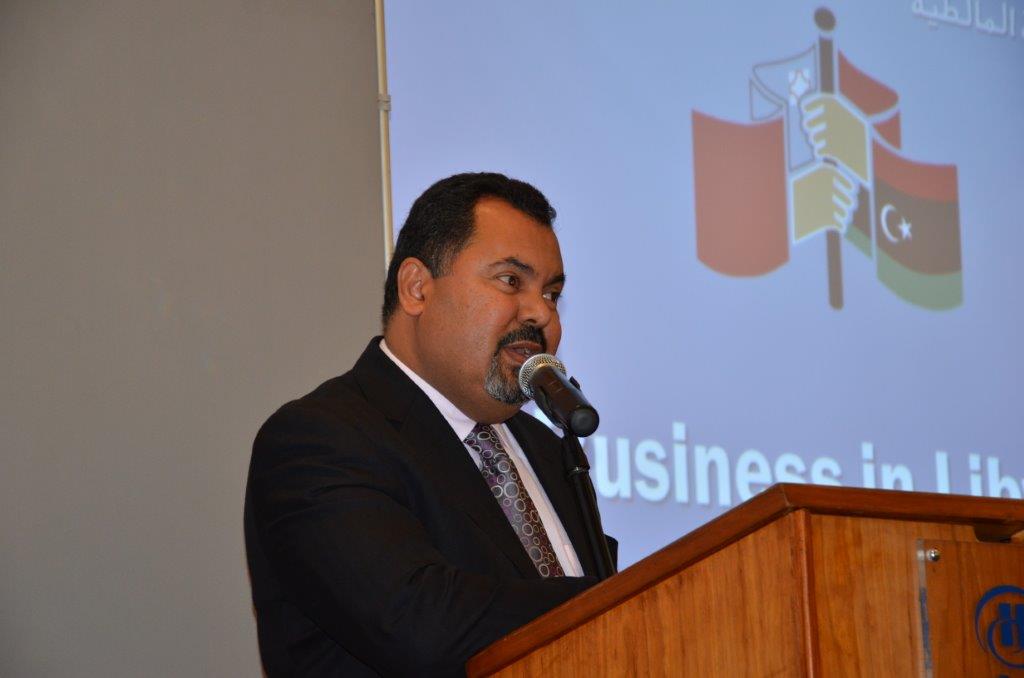
Malta, 28 February 2014:
Libyan-Maltese commercial relations need to grow, Deputy Foreign Minister Abdul-Razzaq Greidi told Maltese business figures yesterday.
Speaking . . .[restrict]at a “Doing Business in Libya” forum, he said that Libyan businessmen were not just waiting for government to take the lead, the private sector was developing fast. But it welcomed international involvement as well, and in particular, given the historic relationship, Maltese involvement.
For his part, Maltese Foreign Minister George Vella told the forum that despite the security challenges faced by the Libyan government, economic relations were growing. Last year, he noted, Maltese exports to Libya were up 19.1 per cent to nearly €238 million (LD 403 million) whilst imports increased by 10.7 per cent to €113 million (LD 191 million). Furthermore, 34,621 Libyans visited Malta in 2013, double that of 2012.
Malta would, he insisted, continue to assist Libya to develop politically and economically by providing training for its public sector agencies and authorities.
It was, he added, “encouraging and quite remarkable how the Libyan authorities are continuing to work to develop a democratic society and a free market economy”. Malta, he added, would “fully support any actions which the Libyan authorities and people take to make the country more stable and to develop a democratic, political system”.
Organised by the Libyan Maltese Chamber of Commerce (LMCC) and supported by Tripoli-based ATEX Group (organisers of Libya Build 2014), Malta Enterprise, Office Group, the Hilton Hotel and the Bank of Valletta, the forum attracted far more interest than had been expected. Initially, it was thought that there would be around 80 participants. The venue had to be changed twice, to bigger premises, to accommodate the ever-growing number of business people applying to attend.The organisers stopped taking registrations when the number reached 375. At the event, the Hilton Hotel’s Portomaso Suite was packed.
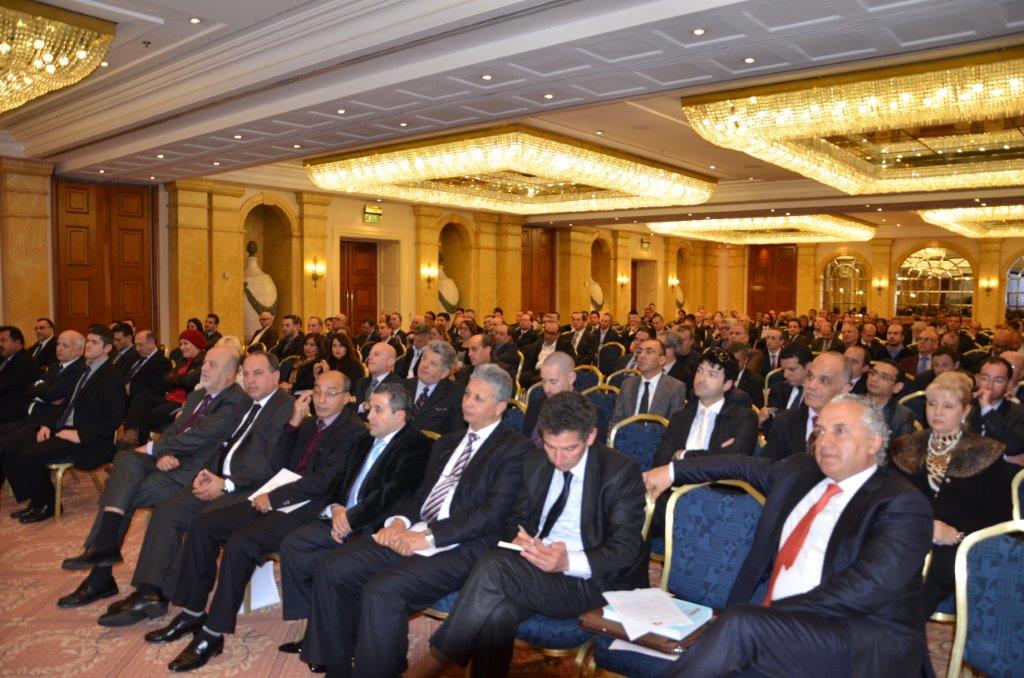
In his opening address, LMCC’s president and Office Group chairman, Anthony Micallef, said that this was the time for Maltese companies to look to opportunities for establishing ties with Libyan business. The idea was also stressed by Malta’s Ambassador to Libya, Emmanuel Galea, who said that if Maltese businessmen did not move now, while players from larger countries were absent from the Libyan scene because of security concerns, they would find themselves being squeezed out later when the latter moved in.
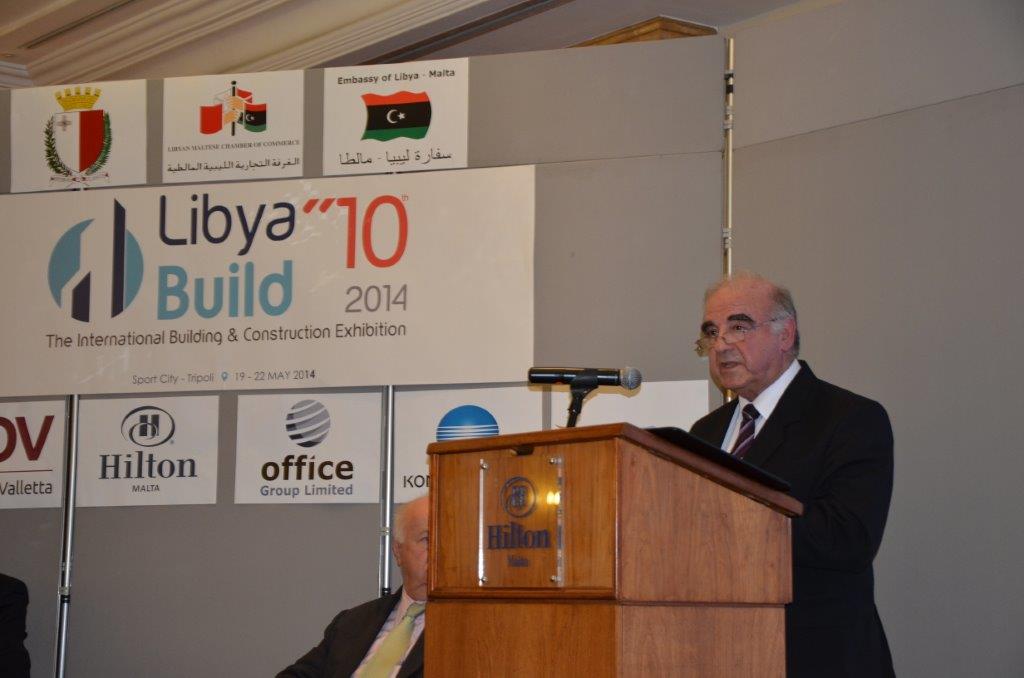
The keynote speaker, businessman Husni Bey, stressed the growing importance of the Libyan private sector. Sounding a strongly positive note, he said that the private sector was booming. Moreover, despite the political problems, security was not as serious as imagined. For example, no foreign businessmen had been attacked in the country, he said.
The government, he furthermore declared, had to remove itself from the entire commercial sector. All governments, not just in Libya, were inherently incapable of running business, he insisted. The economy had to be left to the Libyan private sector; it would be the motor of growth in the country.
Other speakers at the event – Libyan Chargé d’Affaires in Malta Huseen Benown, Medserve Chairman Anthony Diacono, Medilink CEO Simon Camilieri, Malta-based insurance consultant Nagi Bentaleb and Tripoli-based lawyer John Brooks of Clyde & Co. – similarly stressed that although security was an issue, business in Libya was growing and, with it, the opportunities, notably for Malta’s business community.
Deputy Foreign Minister Greidi had taken time off to address the forum during a three-day visit the main purpose of which was to discuss Maltese support for strengthening Libyan institutions and look into how the Maltese Foreign Ministry works ahead of reforms at the Libyan Foreign Ministry. [/restrict]

